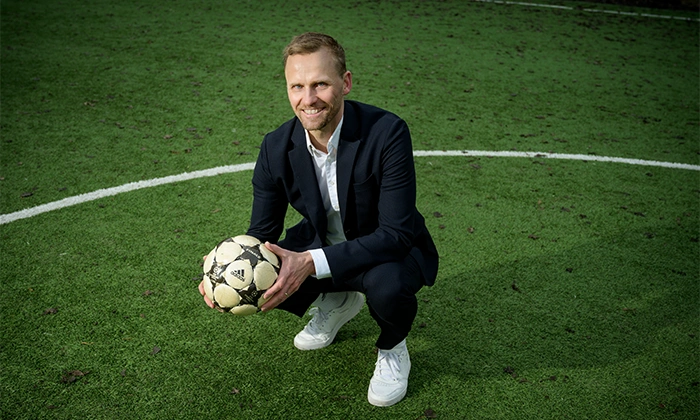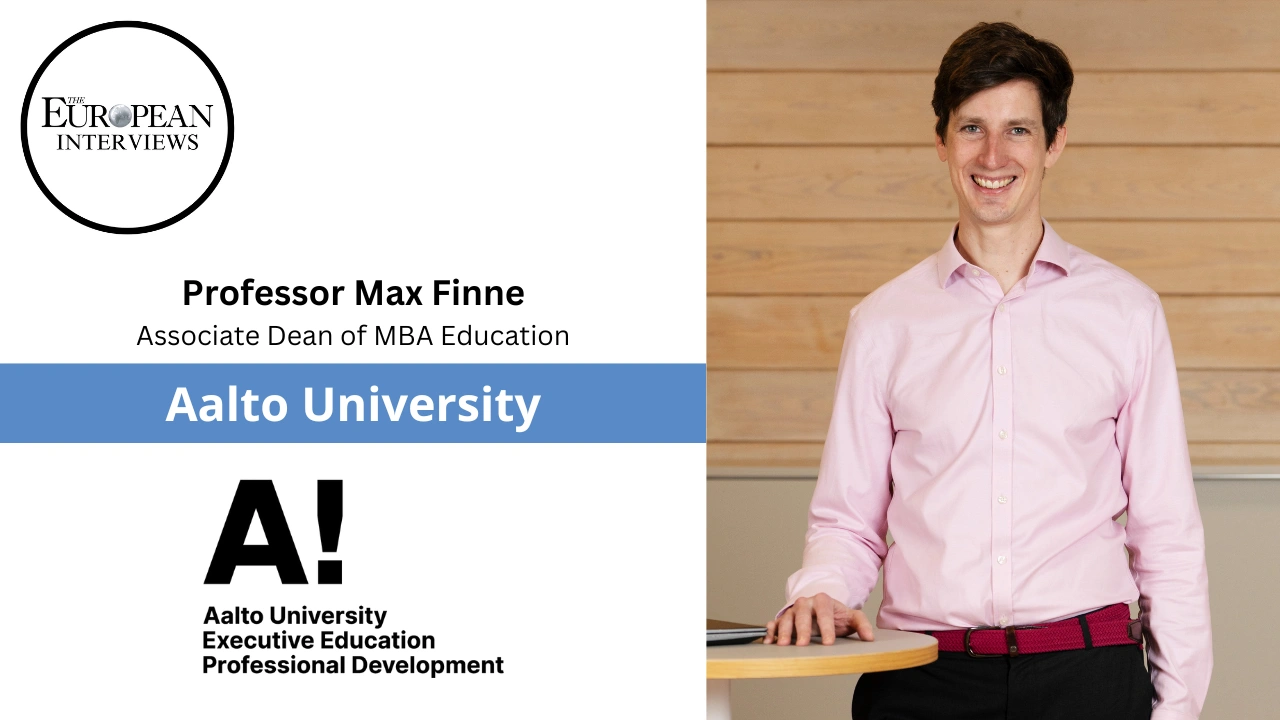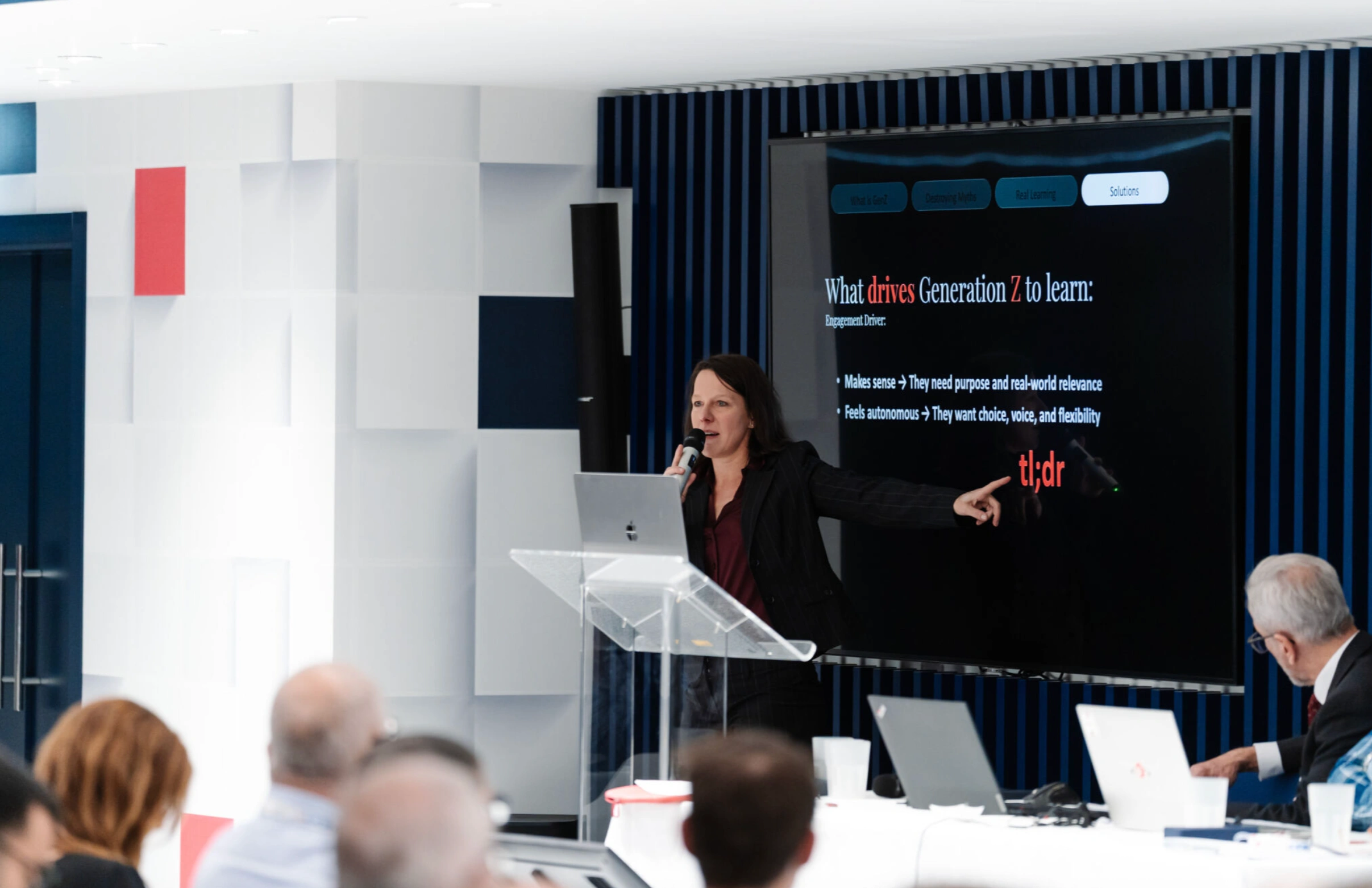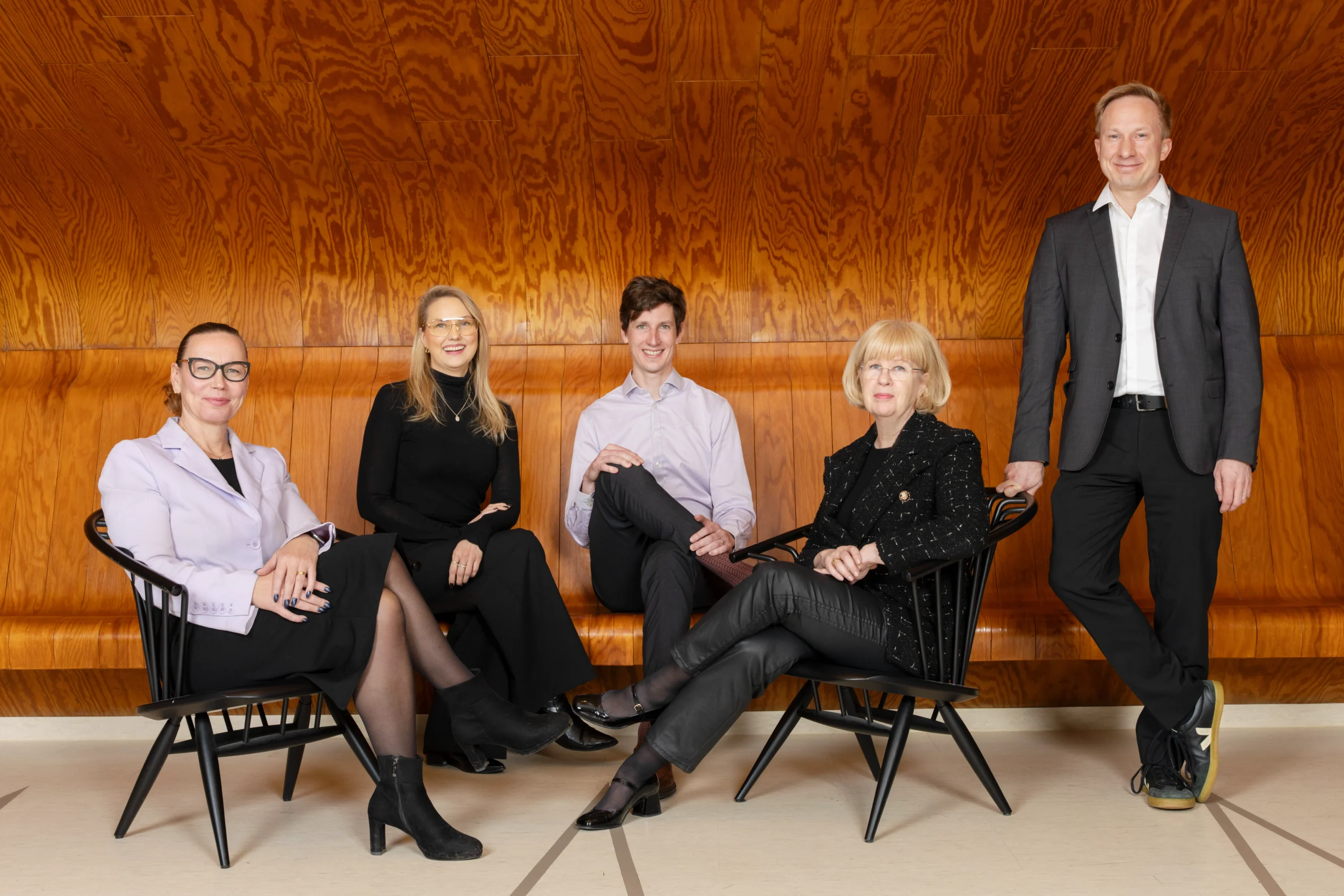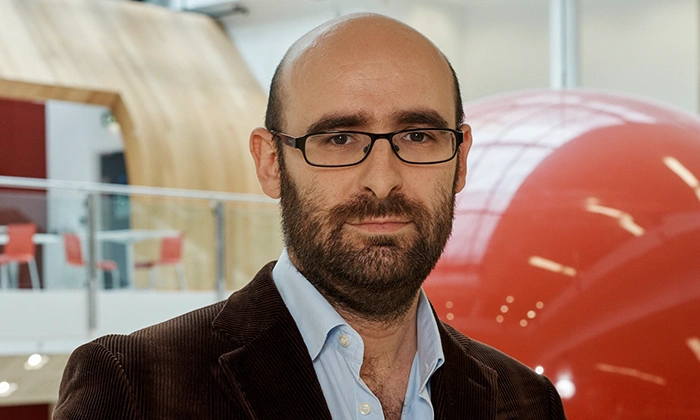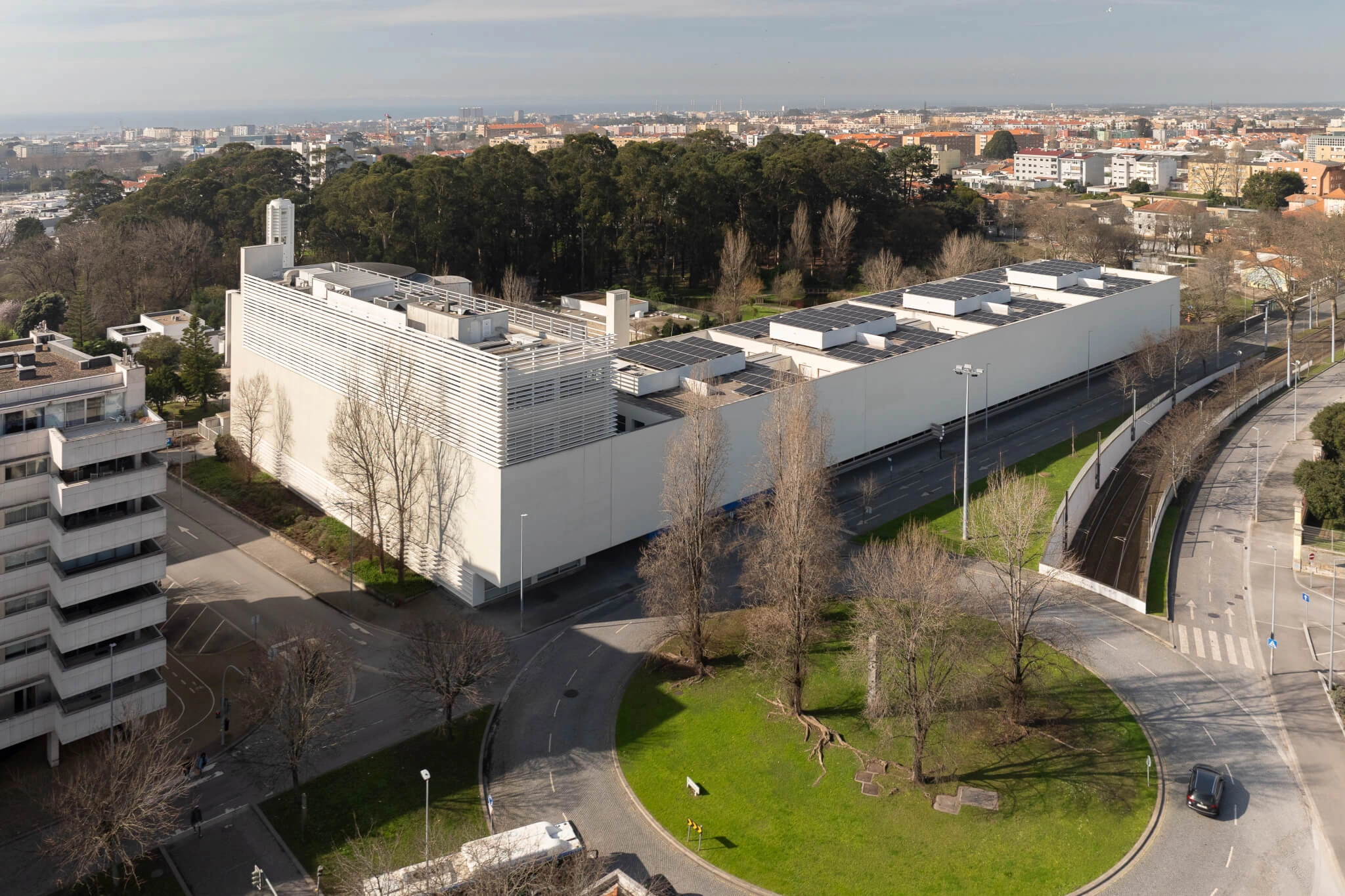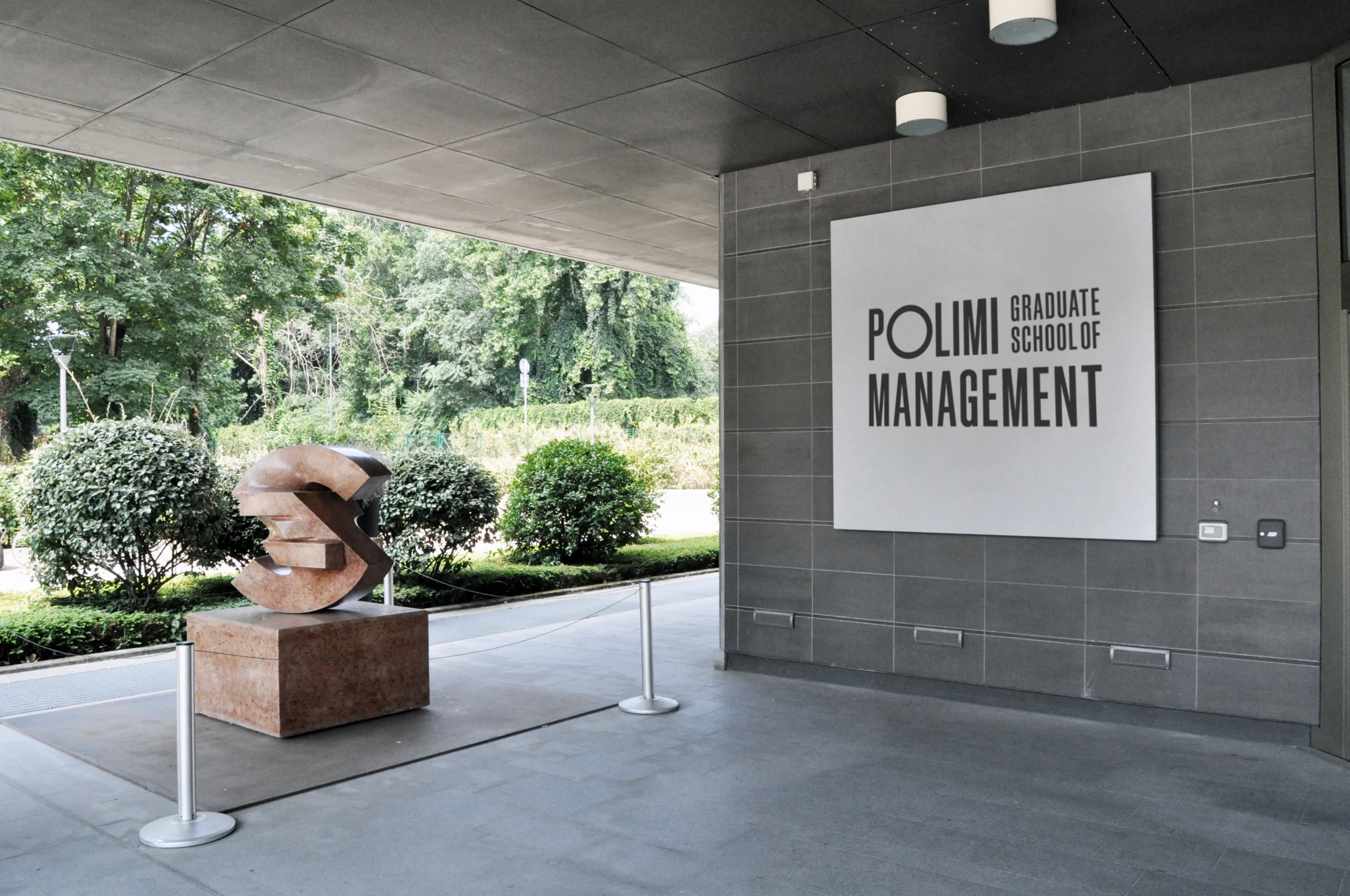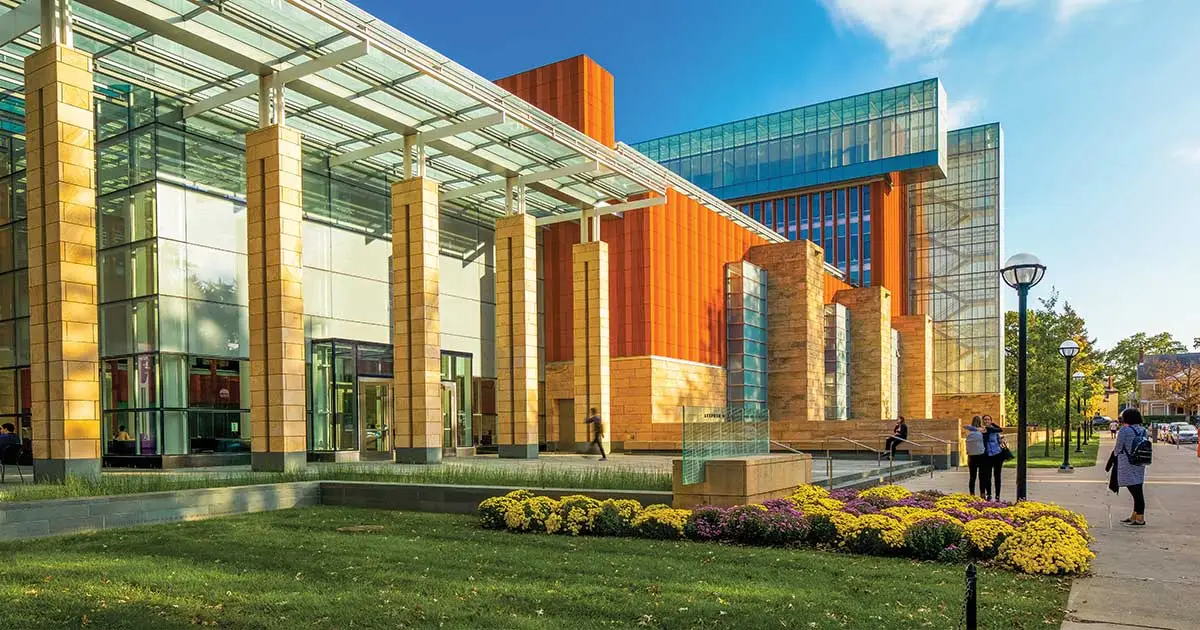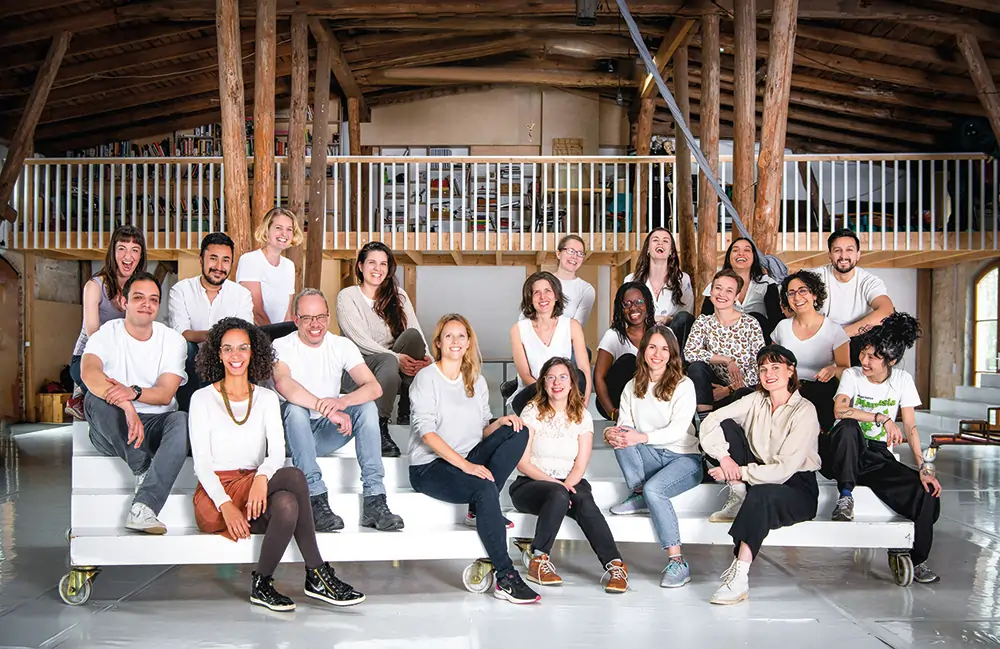How sustainable initiatives at business schools can have a lasting impact on the environment

John E. Kaye
- Published
- Executive Education, Home

Raffaella Cagliano of MIP Politecnico di Milano discusses how sustainable initiatives at business schools and within companies can have a wider impact on society, and how all sectors must work together to make a real impact on the environment
As climate change is visibly affecting all corners of the globe in various ways, businesses are finally realising the wider impact that they can and should have on society. As such, many companies are no longer focusing exclusively on achieving profit, and are instead looking at how their organisation can also contribute to the sustainable development of humanity as a whole.
Yet, sustainability was once far from the top of the agenda for many in the corporate world, now everything has changed. The awareness of – and attitudes towards – the world’s environmental, social and governance challenges have been transformed. As such, businesses have recognised the important role they can play in using their capabilities to promote economic and social development in a sustainable way, and business schools are accepting that they have a responsibility to educate future business leaders on how to manage an ever-increasing sustainably focused world.
Higher education institutions really do have a huge part to play in the wider impact businesses can have on sustainable development and the environment. They can do this by being actively involved in research, training, and joint projects with companies on topics concerning social responsibility, and of course by creating sustainability intensive programmes so that future managers are well equipped to make an impact once they enter the business world.
Comprehensive approach
Firstly, business schools and universities must produce courses that cover all aspects of sustainability if they are to educate future business leaders on how to have a lasting impact on society. At MIP, we have created a number of programmes including the International Master in Environmental Sustainability & Circular Economy which focuses on environmental objectives, the International Master in Sustainable Industrial Management, which has a particular focus on sustainability in the operations and manufacturing fields, the International Master in Social Innovation and Entrepreneurship which discusses how companies and startups can address and overcome major social challenges, and the International Master in Sustainability Management and Corporate Social Responsibility for those who are interested in learning how to develop a company’s strategy with a view to sustainability.
Educational institutions must also pay specific attention to the financial world, which is why we have also created the International Master in Sustainable Finance. Finance and sustainability are interlinked, and it’s vital that business schools recognise how important it is for students to understand how both are interlinked. This is because an increasing number of financial institutions are including sustainability in their parameters for evaluating and choosing investments. As well as this, the finance sector is becoming increasingly sophisticated, with new frameworks, initiatives and financial products emerging relating to sustainability that business leaders must understand.
Leading by example
However, it is important to note that business schools cannot teach sustainability if they do not demonstrate it themselves. At MIP, we have recently been awarded the ‘The B Corp Certification’ – a prestigious recognition awarded to companies that emerge for their commitment to sustainable development and building a more inclusive society.
B Corp companies form an international community of organisations with the common goal of combining profit with a search for the collective well-being, and care for the environment as a whole. Around 3,400 companies have been awarded this certification, one hundred or so being in Italy.
MIP Politecnico di Milano is the first Italian and only European business school to have been accredited and is just one of a few worldwide, and MIP’s status as a B Corp certified company will direct its actions in the field of sustainability over the upcoming years. Its plans include expanding initiatives that impact the areas of accessibility, inclusion, and the well-being of people and environmental sustainability.
Although sustainable initiatives within business schools have been progressing for several years now, for companies, the realisation of sustainability’s importance has been a long process, and we are now seeing an increasing awareness about these issues for a number of reasons. Crucially, the younger generations are now more aware than ever of sustainability and, as a result, they are no longer willing to work for companies that are not perceived as sustainable. It has therefore been increasingly important for companies that want to continue to attract talent to move in a new, more sustainable direction.
As well as this, on a much broader scale, there is no doubt that this pandemic has opened people’s eyes and their awareness of issues around the environment. This growing focus on social and environmental challenges such as the global pandemic is bringing companies closer to the urgencies of action when it comes to the environment, and the logics of the non-profit world.
In order to make significant changes though, companies cannot work by themselves, and it is therefore important that all sectors collaborate. These include businesses, the non-profit world and public administrations. Partnerships are essential because joining forces can make a significant impact. As such, we are seeing a situation where “traditional” companies are becoming increasingly aware of their impact on society, and non-profit organisations are using business models typical of the world of corporations. These two sectors are now merging and working together for the greater good of the environment.
Ultimately, every business plays a key role in building a better future for everyone and the very core of business should be revisited according to the role that each company plays and sets out to play in society. Professionals know this, but so do consumers who increasingly choose companies also on the basis of their social commitment. This is why higher education institutions such as business schools are crucial in training managers capable of picking up this challenge. There is much work to be done, but by working together, the environment can become a safer place for all of us now and for future generations.
About the author
Professor Raffaella Cagliano Director of the Master in Sustainability Management and Corporate Social Responsibility at MIP Politecnico di Milano.
For further information:
www.som.polimi.it/en
RECENT ARTICLES
-
 Hannu Tihinen on strategy, leadership, and the value of an EMBA
Hannu Tihinen on strategy, leadership, and the value of an EMBA -
 European MBAs adapt to AI as Aalto overhauls executive education
European MBAs adapt to AI as Aalto overhauls executive education -
 From dialogue to action: how emba X prepares leaders for a new era of responsible innovation
From dialogue to action: how emba X prepares leaders for a new era of responsible innovation -
 How Europe can learn faster: turning AI into safer, smarter adult training
How Europe can learn faster: turning AI into safer, smarter adult training -
 Aalto EE launches Aalto Tech EMBA to equip executives for digital transformation
Aalto EE launches Aalto Tech EMBA to equip executives for digital transformation -
 Supply chains are being remade. Leadership must be too
Supply chains are being remade. Leadership must be too -
 Why the real barrier to AI success sits in the boardroom
Why the real barrier to AI success sits in the boardroom -
 ETH Zurich and the University of St.Gallen redefine executive education with emba X, a new model of responsible leadership
ETH Zurich and the University of St.Gallen redefine executive education with emba X, a new model of responsible leadership -
 Why leadership is the strongest defence in South Africa’s schools
Why leadership is the strongest defence in South Africa’s schools -
 Porto Business School launches executive programme on AI strategy
Porto Business School launches executive programme on AI strategy -
 POLIMI Graduate School of Management strengthens global reputation in MBA and master’s rankings
POLIMI Graduate School of Management strengthens global reputation in MBA and master’s rankings -
 Trinity Business School strengthens standing in global MBA rankings
Trinity Business School strengthens standing in global MBA rankings -
 Meet the class of 2025… and their children. Why mid-life university learning is on the rise
Meet the class of 2025… and their children. Why mid-life university learning is on the rise -
 University of Michigan launches executive programme for chief data and AI officers
University of Michigan launches executive programme for chief data and AI officers -
 International education: A vision for global citizens
International education: A vision for global citizens -
 How to create lasting social change? Build a community
How to create lasting social change? Build a community -
 Tomorrow’s world needs Dyslexic Thinking
Tomorrow’s world needs Dyslexic Thinking -
 Why family therapy is the best investment you can ever make
Why family therapy is the best investment you can ever make -
 How EQ can give us the edge over AI
How EQ can give us the edge over AI -
 A true root and branch approach
A true root and branch approach -
 It's fine to say you're not ok
It's fine to say you're not ok -
 Are you willing to change with your organisation?
Are you willing to change with your organisation? -
 Emerging markets: Online learning for women unlocks economic potential
Emerging markets: Online learning for women unlocks economic potential -
 A programme of urgent importance
A programme of urgent importance -
 Why progress is not parity
Why progress is not parity

